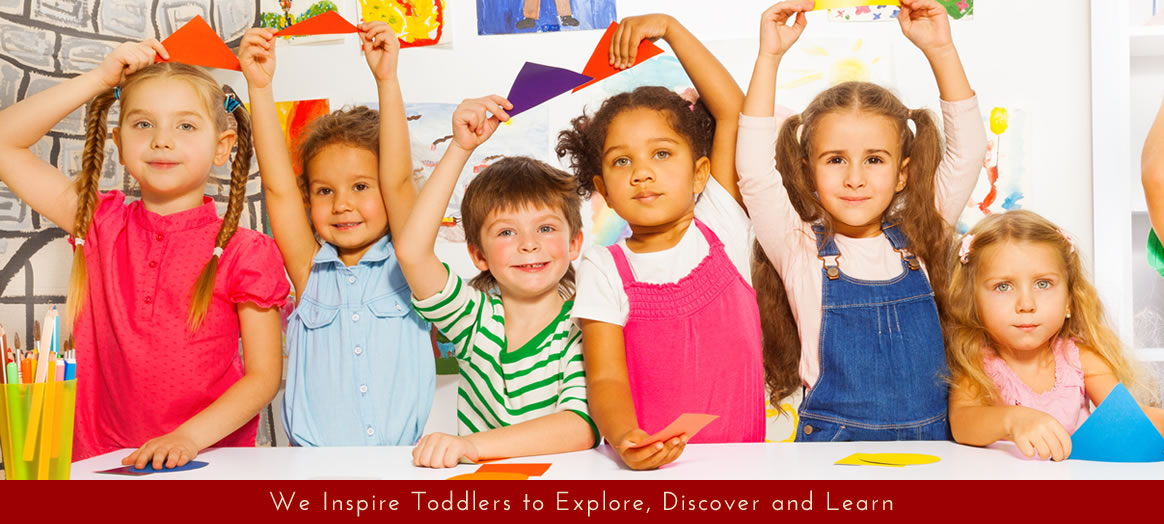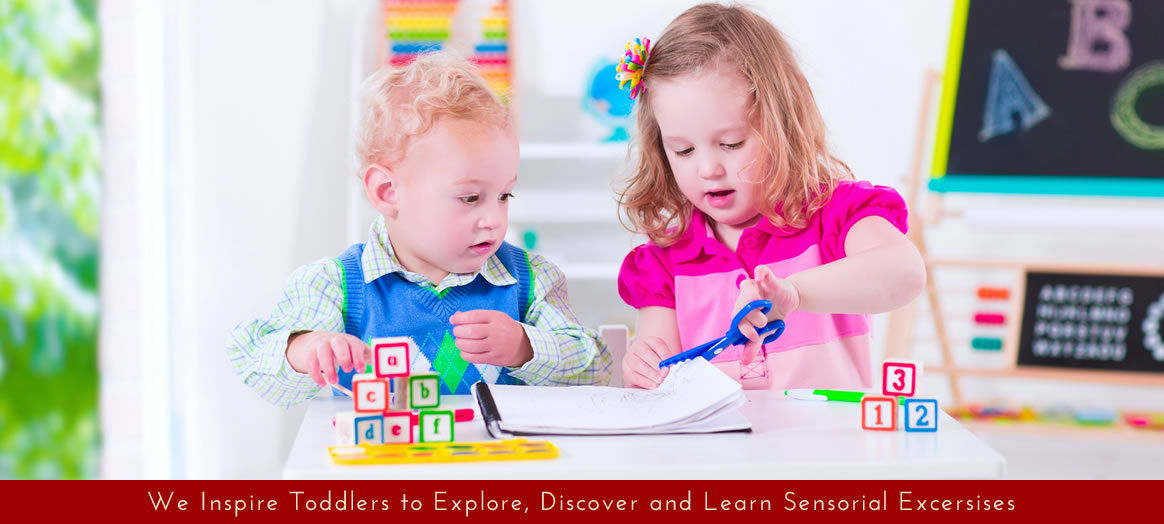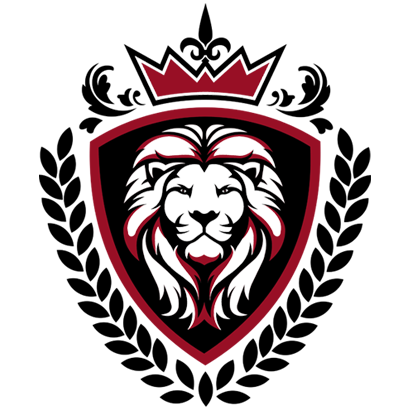Pre-Kindergarten - 3 Years Program

Toddler Program - Pre-Kindergarten - 3 Years Old (COMING SOON)
WILL BE ANNOUNCED FOR THE YEAR 2022 - 2023
Research shows our brains blossom through active use, and toddlers, like little scientists, are eager to explore.
Our Montessori program invites children on a daily adventure in a safe, secure environment. Tailored to each child's needs, we give toddlers time and opportunities to immerse themselves in four areas that go beyond what a traditional daycare can offer:
- Practical Life Skills
Toddlers develop a sense of self while learning to be independent. We strive to teach independence and confidence at this young age through simple everyday activities like:
- Zipping
- Buttons
- Preparing Food
- Washing Hands
When promoted as part of the learning process, even simple life skill tasks can lead to greater physical independence and confidence that promotes intellectual exploration and creativity in children, even at a very young age.
We are also one of the few Montessori, preschool alternatives that offers Toilet Training support, through cooperation between parents and staff.
- Motor Skills
Students’ fine motor skills, concentration, and eye-hand coordination develop through activities such as pouring, spooning and grasping. They also learn to organize objects spatially. Outdoor playtime and classroom movement exercises promote large motor skills through activities such as jumping, running, dancing and walking.

- Sensorial Exercises
Our children advance their sense of touch, sight, sound, smell, and taste. This teaches them concepts such as size, shape, and color. Outdoor adventures let children explore nature through their senses as well. Here are just a few examples of the sensorial exercises our students partake in:
- Texture Matching - Children match textures on boards with examples provided to build vocabulary and association.
- Sound Matching – Children use cylinders and general sound materials to distinguish and match different sounds as they develop a sense of hearing, and expand their vocabulary.
- Size Matching – Children match like items at different sizes, including cylinders, towers, stairs, and other various sized shapes to build visual recognition, focus and concentration.
- Color Matching and Recall – Children learn to identify and recall colors with various materials to build visual recognition, memory, and concentration skills.
Other sensorial exercises include discrimination of weight, discrimination of smell, discrimination of taste, discrimination of temperature, and discrimination of shape, all to develop a more robust vocabulary and learn to distinguish between like items, building towards the Pre- KG-3 Curriculum.
- Language Development
The explosion of verbal language is a hallmark of the toddler years. We help children gain a rich vocabulary through daily conversations and an exploration of literature via books and finger plays. Pre-reading activities include matching, counting, and understanding sequence of events. Children also learn to use and read facial expressions.
South Florida School of Excellence - Preschool Academy Environment
Toddlers are introduced early and exposed daily to the core components of the Montessori educational philosophy, including:
- Mathematics - Through use of the calendar and teacher-created materials, School toddlers learn to recite and identify numbers while also coming to understand that numbers have value.
- Science - Science concepts are introduced through weekly topics that help to lay the foundation for scientific exploration. Hands-on activities and discussions promote discovery.
- The Arts – School toddlers develop self-expression and a passion for the arts by creating unique projects, singing playful songs and reciting fun rhymes daily. These musical and artistic experiences teach children to work on creative expression — with process being more important than product.





 DETERMINATION | INTEGRITY | PRESERVERANCE
DETERMINATION | INTEGRITY | PRESERVERANCE